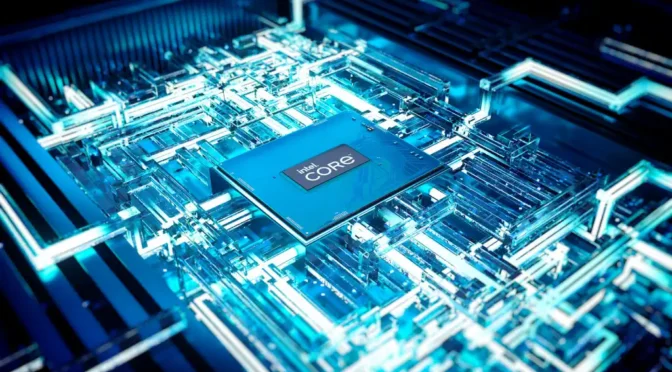[Image credit: Intel]Intel’s Final Fix: Ending the CPU Crashing Saga with Microcode Update
Intel is rolling out a final microcode update aimed at resolving a persistent CPU crashing issue affecting its 13th and 14th generation Core processors. After identifying excessive voltage requests as a core issue (www.tomshardware.com), Intel, in collaboration with motherboard manufacturers, has developed a comprehensive fix to stabilize performance. This update is critical for preventing further damage and ensuring system stability. Intel encourages all users to install the updated BIOS promptly to benefit from these enhancements and extends warranties to support affected consumers. This move not only resolves the immediate issues but also reinforces Intel’s commitment to product reliability and customer satisfaction.
Intel aims to end the prolonged CPU crashing issue with a crucial microcode update. This saga, marked by several bugs affecting power and voltage, has troubled users of Intel’s high-end 13th and 14th generation Core processors.
Starting in April, Intel explored various potential causes and fixes. The company initially pointed to motherboard manufacturers for setting power levels above the recommended defaults. However, the root cause was identified by summer: CPUs were requesting higher voltages than needed, leading to performance degradation and potential hardware damage.
By August, Intel had released multiple updates to address these issues. These included BIOS updates from motherboard manufacturers to correct power settings and reduce voltage demands. Today, Intel releases a comprehensive 0x12B microcode update. It addresses four critical issues: excessive motherboard defaults, overheating CPUs failing to downshift, and excessive voltage supply during active and idle states.
Motherboard and PC manufacturers will incorporate this new update into their BIOS revisions. Users should install these updates promptly to prevent further damage.
Despite these bugs, only certain Intel CPU models are affected. Intel has extended warranties (arstechnica.com) for these models from three to five years, acknowledging the potential for pre-update damage. Additionally, Intel’s upcoming Arrow Lake desktop processors, manufactured by TSMC, promise freedom from these voltage and stability issues.


















